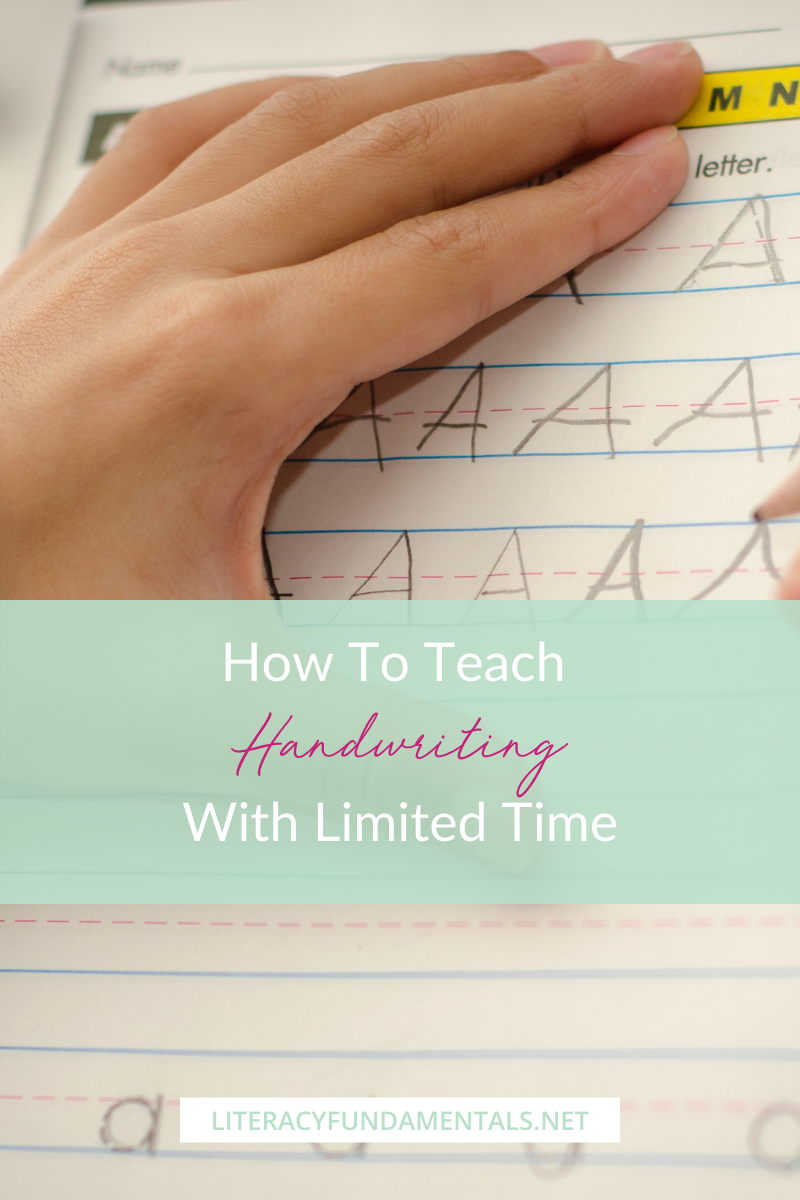With so much technology in our student’s hands daily, you might be wondering if handwriting practice serves a purpose anymore. No matter how much technology our students use daily, I’m here to tell you that handwriting is just as important today as it was 50 years ago. In the primary grades, students are practicing fine motor skills when they learn how to hold a pencil and form their letters correctly.
Read MoreI’m here to tell you Valentine’s Day doesn’t have to be your least favorite holiday as a teacher. If you teach at a school where you’re in charge of planning the party (like I do) then keep on reading because I’m going to give you some zero prep ideas that will keep your students engaged during reading stations. You’ll actually be able to get your reading groups done while your students get to have fun and still sprinkle the holiday of love in.
Read MoreAs a first grade teacher, I know the importance of practicing the behaviors we want to see every day. Guided reading is no exception and in this blog post, I’m going to share with you why you should review guided reading expectations every day.
Read MoreThis teacher gift guide is for the teacher who is working in person or online. Maybe you even want to start your own tutoring business!
If so, this is the right gift guide for you!
I’ve included tech tools that I use in my own classroom and tutoring business that I believe to be game changers when it comes to teaching.
The best time of a teacher’s year is when students are working independently during learning time. This is the most beautiful sight to behold in a classroom.
As an early childhood educator, my favorite time to witness independent learning is during literacy!
I was sitting in my dermatologist’s office watching her write notes in my chart.
“Wow! Is that how you hold a pencil?” I asked her.
“Yes, I know, I have a terrible grip, but somehow I’ve adapted.”
“Does your hand get tired when you write notes?” I asked her with my eyebrows scrunched up.
Read MoreLetter identification is a skill that involves being able to say the names of both upper and lower case letters of the alphabet quickly, without having to think very long about each letter.
In an ideal world, kindergartners would come to school having this skill.
Is it necessary? No. They’ll absolutely learn this skill in kindergarten.
One caveat: kindergartners who already know their letters and sounds, start reading faster than kids who don’t. This has been my experience as a kindergarten teacher for many years.
Read MoreStarting school for the first time is exciting and nerve wracking! It’s such a big milestone for our children.
Kindergartners are full of energy and curiosity which makes them the most fun learners. Kindergarten parents often have many questions about kindergarten readiness and what to expect.
If your child is heading off to kindergarten this fall or in a 1-2 years, then this blog post is for Y-O-U!
If you don’t have a kindergartner, no worries, I’ll have extra tips for heading back to school as well.
Read MoreTruth bomb alert….
Since March, all I’ve seen are teachers posting similar posts about how much they miss their classroom and kids….
And while I have felt the same way, I haven’t felt like posting much about how I’m feeling...until today.
Read More









